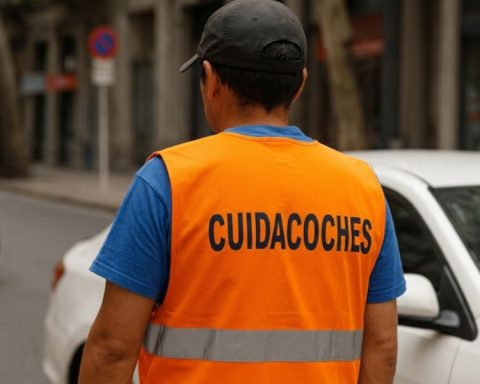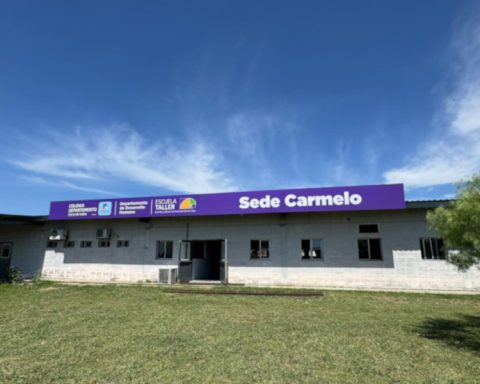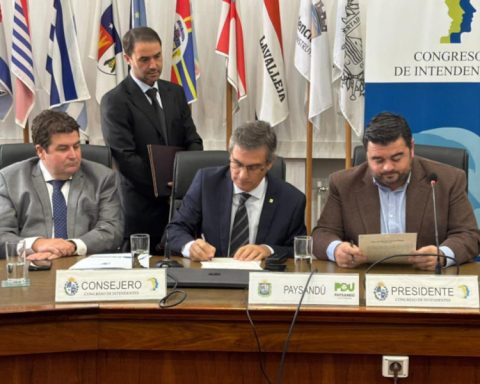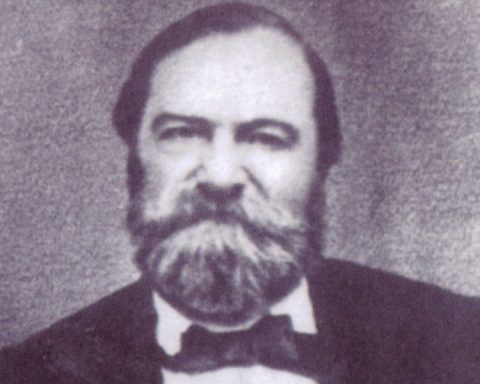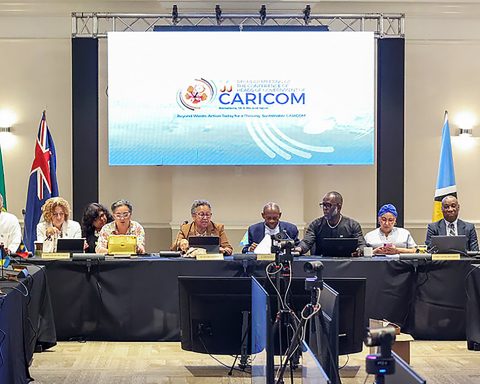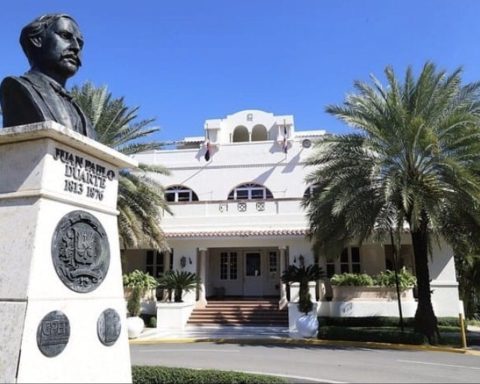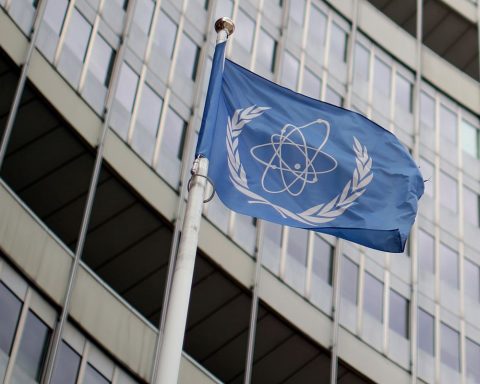The president of the State Health Services Administration (ASSE), Leonardo Cipriani, inaugurated the expansion of the laboratory of the Clinical Analysis Center of the National Cancer Institute (INCA), which will increase the capacity to detect neck tumors uterine and COVID-19, through molecular biology studies. He informed that the final stage is being developed to install a linear accelerator.
The activity, held this Thursday 9, was also attended by the vice president of ASSE, Marcelo Sosa, and the director of INCA, Robinson Rodríguez, among other health authorities and parliamentarians.
Cipriani highlighted the professionalism of the technicians, leaders in the relationship with patients and the care of the health infrastructure.
He stressed that this service not only prevents intrauterine cancer tumors, but also plays a fundamental role in detecting cases of COVID-19, through molecular biology studies, of which more than 88,000 have already been carried out since the beginning. of the pandemic.
He noted that the infrastructure was strengthened to enable these analyzes to be carried out, with 14 more places throughout the country, and that this will reduce the cost.
“We are the largest health provider and we have worked hard to strengthen the institution without stoning our resources,” said Cipriani, who announced that the final stage is being developed to place a linear accelerator at INCA, the Pereira Rossell hospital and the Tacuarembó hospital. .
He pointed out that the increase in the number of ICU beds throughout the country, due to the health emergency, meant for ASSE, in 2021, the reduction, by 10,000 days, of the contracting of beds to private companies and added that this figure will also increase in 2022. The hierarch highlighted that the number of tomography and magnetic resonance imaging was doubled and that the time for the transfer of patients was reduced.
“We are doing what needs to be done out of respect for our patients and we are auditing ourselves through the Office of Planning and Budget,” he stressed.
Rodríguez, for his part, pointed out that the laboratory is essential for the detection of COVID-19 cases and for the diagnosis of intrauterine cancer.
On the occasion, he valued the work of researching users in Montevideo and the interior of the country to prevent tumors, such as that of the uterus, through the Pap test; breast, mammograms; colon and rectum. He also considered very positive the possibility of having the so-called “breast node”, which allows mammograms to be carried out remotely and the corresponding report to be drawn up, without the person having to travel.
Rodríguez explained that it is the result of a joint strategy by ASSE, the Honorary Commission for the Fight Against Cancer and the Agency for Electronic Government and the Information and Knowledge Society (Agesic).

